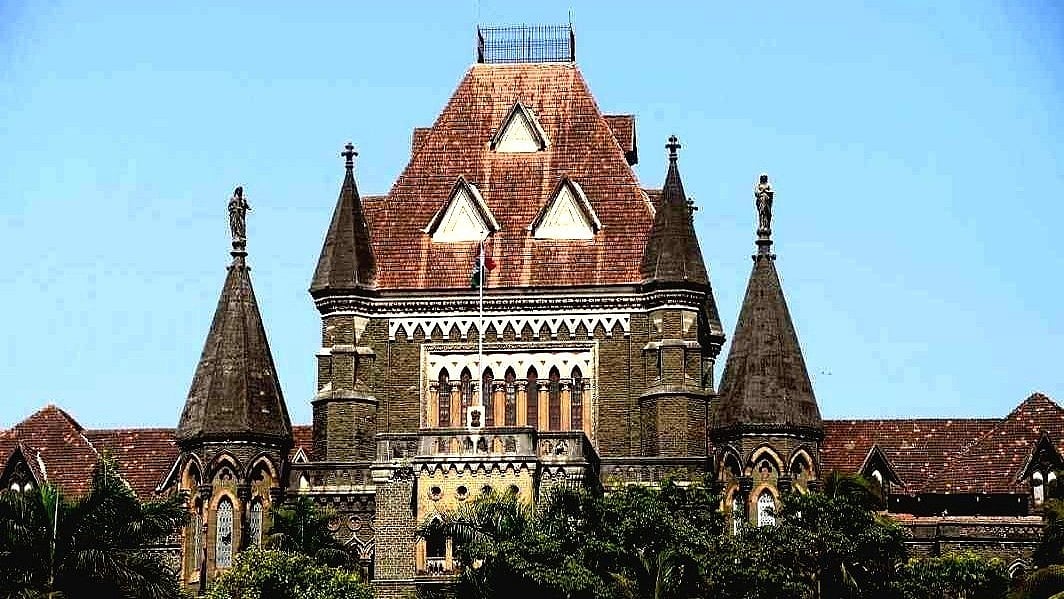Mumbai: A day after the Supreme Court’s directive, the Bombay High Court on Friday constituted a special three-judge bench to hear pleas challenging the constitutional validity of the Maharashtra law granting reservation to the Maratha community.
The High Court, in its notice, stated that a full bench comprising Justices Ravindra Ghuge, N J Jamadar, and Sandeep Marne has been formed to hear public interest litigations and petitions related to the Maharashtra State Reservation for Socially and Educationally Backward Classes (SEBC) Act, 2024. However, the notice did not specify when the hearing will begin.
The 2024 Act, enacted by the Mhayuti government, provides 10 per cent reservation in education and government jobs to the Maratha community, which constitutes nearly one-third of Maharashtra’s population. The law was based on a report by the Maharashtra State Backward Class Commission (MSBCC), headed by retired Justice Sunil Shukre, which cited “exceptional circumstances” to justify exceeding the 50 per cent reservation cap set by the Supreme Court.
The SEBC Act became a key political issue during the 2024 Lok Sabha and Assembly elections. It was passed on February 20, 2024, but has since faced legal challenges. Petitioners opposing the Act have argued that the Maratha community is not socially or educationally backward and that the state has already breached the 50 per cent reservation ceiling mandated by the Supreme Court.
In May 2024, the Supreme Court directed the Bombay High Court to urgently set up a special bench to hear the matter, following a petition by students appearing for NEET 2025 exams. The students claimed the delay in adjudication was affecting their right to fair and equal opportunity in the ongoing admission process.
Earlier, in March 2024, the HC had passed an interim order stating that NEET 2024 admissions under the 10 per cent Maratha quota would be subject to the outcome of the petitions. On April 16, 2024, the HC further clarified that all admissions and job appointments made under the new Act would remain subject to its final ruling.
This isn’t the first time Maratha reservation has been litigated. The 2018 SEBC Act, which granted 16 per cent reservation, was initially upheld by the Bombay HC (with reduced quotas) but was struck down entirely by the Supreme Court in May 2021. A review petition filed by the state was also dismissed in May 2023.
